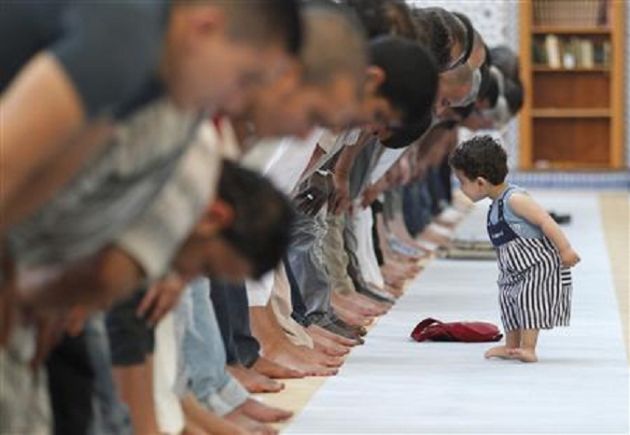Christianity thrives and atheism declines due to contraception, new study suggests

A study debunked the perception that the number of Christians around the world is decreasing as results of the said paper suggest that religious individuals are having more children compared to nonbelievers.
Published in the Evolutionary Psychological Science International journal, the study investigated the social perception that religiousness causes a decline in birthrate. More than 4,000 students from the U.S. and Malaysia were surveyed and asked about their family background, with questions asking how many siblings they had and what their religious beliefs are.
American and Malaysian researchers who conducted the study, titled "The Future of Secularism: a Biologically Informed Theory Supplemented with Cross-Cultural Evidence," discovered that atheist children in the America came from families with an average of 3.04 children, which is slightly higher than the average 3.2 children that most families exhibited.
Similarly, nonreligious Malaysians had, on average, 1.5 fewer siblings compared to the general population.
The results supported previous studies which suggest that religions, particularly Islam and Christianity, are associated with fertility — with Muslims being the most fertile religious group.
A Pew Research report published in early March predicted that Muslims will outpace Christianity by the end of the century due to their rapid increase.
While a report by the Independent suggests that children don't always follow the religion of their parents, other studies suggest that religion can be passed down to a certain extent. The study also examined this notion.
"While cross-sectional in nature, when our results are combined with evidence that both religiosity and fertility are substantially heritable traits," the study stated, adding, "findings are consistent with view that earlier trends toward secularization (due to science education surrounding advancements in science) are currently being counter-balanced by genetic and reproductive forces."
Research evidence predicts a decline in secularism in the future. The researchers referenced the population's growing reliance to contraceptives, which lowers birthrates, as one of the main contributors to this forecast.